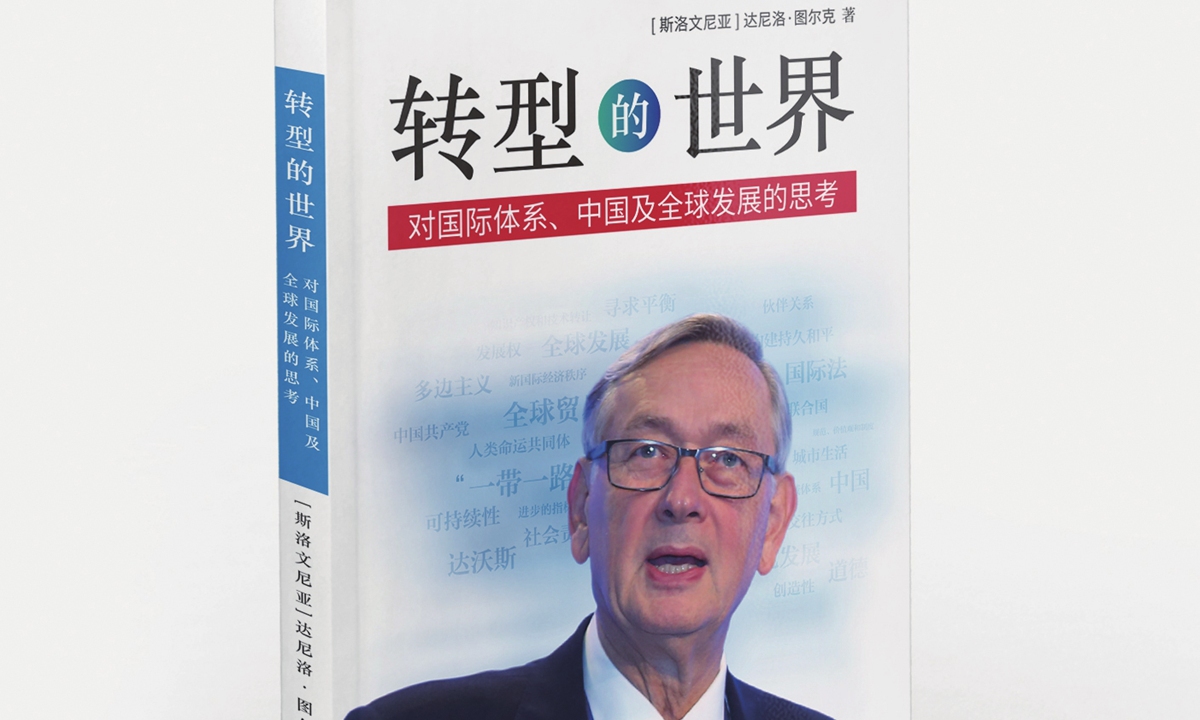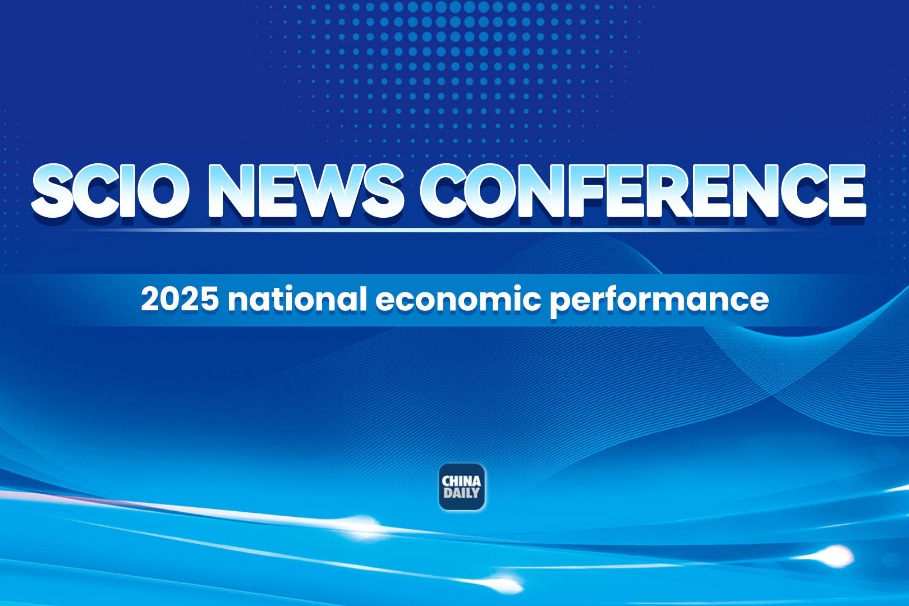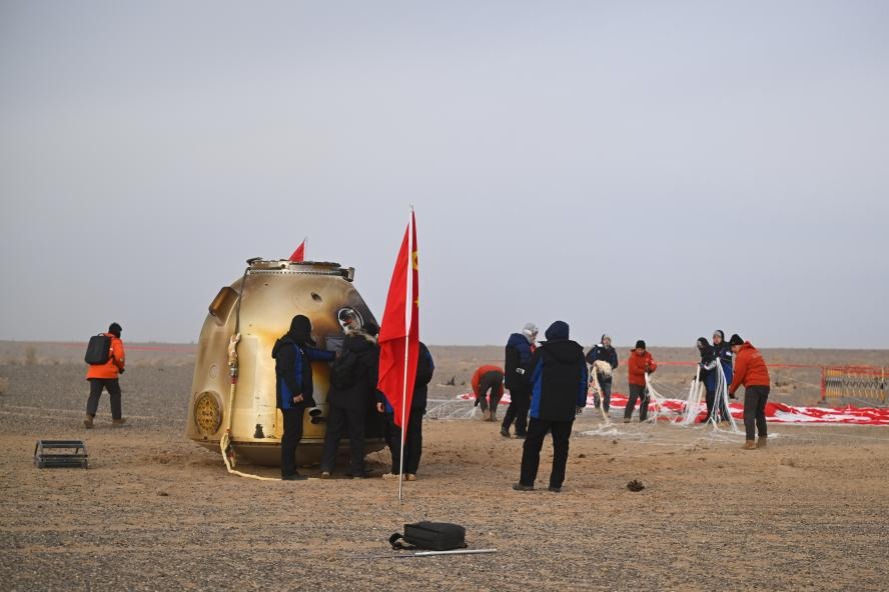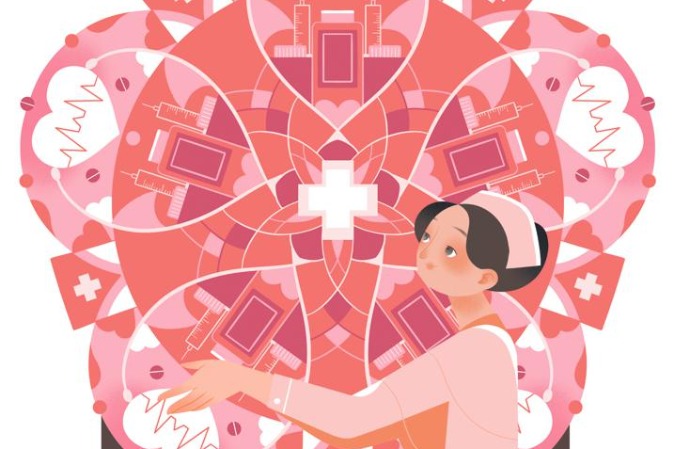A world transformed explored in new book


Editor's Note:
In his book "A World Transformed: Reflections on the International System, China and Global Development," former president of Slovenia Danilo Türk discusses how to better deal with global challenges amid great changes that are engulfing the world. What can be done to move international cooperation across all sectors to new levels of performance? What role can China play? To address these questions and more, the Chongyang Institute for Financial Studies at Renmin University of China hosted a Webinar themed on "China and the world at the time of great change" last Saturday. It also launched the Chinese edition of Türk's book. Below is part of Türk's talk at the webinar, as well as remarks by other key speakers.
Danilo Türk, former president of Slovenia
My book consists of a number of reflections developed in the period of the past decade. I have selected and organized them with an aim to present the picture of my thinking on the key issues of the international system - and to present them in a structured manner, as coherently as possible.
They are organized in three parts: The international system, China and global development.
The first part deals with the changes in the international system in the past decades when the world has moved away from a short unipolar period of the immediate post-Cold War era. A new multipolar world has arisen in that period. The multipolarity of our era is different from the multipolar systems of the past. It is not limited to the multipolarity of power, a basic feature of any multipolarity. The world is experiencing the co-evolution and competition of different models of development and of modernity. This competition does not have to be violent. So far it has been mainly peaceful. It could, and, indeed, should be based on mutual respect among different models of development and can be developed further in a peaceful and productive manner.
The rise of China is a central element in this picture. The rise of China has been peaceful and has represented a major contribution to global progress in the past decades. It has eliminated extreme poverty in China and has contributed to global growth and to the realization of the United Nations Millennium Development Goals. And, importantly, the global strategic balance has been largely maintained. So, overall, the rise of China has been and continues to be a positive global phenomenon. China was transformed in this process and has become a major power in terms of economy, trade and technology. The Belt and Road Initiative offers new opportunities for partnership with the world. At the same time, new priorities have emerged. The world has to come together if it wants to prevent a planetary disaster caused by global warming.
The key challenges today are therefore in the way the world will manage global development. The role of China will be critically important. It is impossible to imagine an effective global strategy to curb global warming without an active participation of China. Such a strategy will, in turn, require an effective system of multilateral institutions and reforms of the existing ones. The United Nations system has to be strengthened and empowered - politically and financially - to play a leading role. The World Trade Organization has to be reformed so as to manage global trade flows better.
These, ladies and gentlemen, are the main lines of narrative in the book we are launching today.
I understand, with humility, that academics and policymakers in every part of the world are attentively considering the issues discussed in this book. This global discussion, to which my book attempts to give a small contribution, will continue. So, let me use this opportunity to propose four questions that require further study, both in the academic world and among policymakers.
1. A proper historical perspective of the current transformations;
2. The basic question of war and peace;
3. The understanding of the fundamental importance of the rule of law;
4. The vital need for innovation.
First, a few remarks on the historical perspective.
The rise of China and the consequent effects on the global economic and political development has surprised many. In the past decades China has emerged and has become accepted as "the factory of the world." Much less attention has been paid to its rapid technological development, its competitiveness and its financial clout. Some commentators still have a difficulty to recognise that China is no longer only a "rule-taker" in the world but is increasingly becoming one of the "rule-makers," a natural consequence of the exponential growth of its weight and importance. This calls for attention to history and a better understanding of it.
In my book I mention the importance of the restitution of objects of art that were taken illegally from China in the past centuries. Restitution of these antique objects of art is of great symbolic importance. It is a necessary aspect of recognition of past injustices that have to be remedied and of a new era in which cooperation must be based on mutual respect, equality and mutual advantage. The era of colonial domination is long over, and a new era of cooperation and competition has already begun. The role of the part of the world that is sometimes condescendingly described as the "global periphery" or "Global South" has changed. Its role will continue to grow. The rise of Asia, and China in particular, is the clearest expression of this change.
It is important to understand the long flow of history in order to accurately assess the nature of the current transformation of the world and the growing importance of the Global South. For China, with the five millennia of development of its civilization, it is not difficult to understand that. In Europe, and in the West more generally, we have to take advantage of the work of our historians - such as the French historian Fernand Braudel, who taught us about the long-term historical time (histoire de la longue durée), an approach that draws conclusions from historical patterns through analysis of vast time periods.
Imbalances from the colonial and immediate post colonial periods will not last. Today, both the art of statecraft and the art of management of international relations require finding the right balance among existing and emerging historical drivers, so that the future will be better for all.
This brings me to my second question, to the basic question of war and peace.
Preservation of peace is the basic requirement of wise policymaking and of the statecraft of our era. At the time of writing of the essays that make up my book, much of the international discussion focused on the relationships between China as the rising power of our era and the United States of America as the leading established power. Can the competition between a rising and an established power lead to peaceful co-evolution and co-existence or does it necessarily end in conflict and war? This question was described as the challenge of avoiding the "Thucydides trap" a term coined by the American political scientist Graham Allison.
Remarkably, Allison himself makes a strong emphasis on the moral obligation to "steer away from the Thucydides trap." Indeed, decision-makers would be well advised to "steer away from the Thucydides trap." This is a strong moral base requiring clear political choices. Wars are never inevitable. Wars start as a matter of choice. Every effort needs to be made to prevent the choice of war. This requires a clear and long-term commitment to peaceful management of relations among the main powers and a whole range of preventive instruments to be put in place. These instruments have to enable an accurate understanding of intentions and capabilities of the relevant political players, a mature and sophisticated communication among the key decision-makers and a sound code of conduct that enables prevention of incidents that could, if mishandled or unaddressed, lead to a large-scale armed conflict. For example: This is why the current efforts to develop a code of conduct for the navigation and other activities in the South China Sea are so important. Rules matter and observance of rules - carefully prepared and freely entered into - is a basic requirement of peace and development.
Therefore, my third point relates to the importance of the rule of law.
Both in the West and in China we have a long history of learning the importance of the rule of law. In Europe, the concepts of Roman law, developed more than two millennia ago represent the continued basis for improvement of the rule of law and its adaptation to the modern needs. In China, the philosopher Han Fei developed the fundamental concepts of law roughly at the same time when Roman law started to gain shape in Europe.
Naturally, we must be careful to learn the lessons of history with a proper understanding of the historical context in which different phenomena, including the legal concepts, have emerged. But equally important, we have to understand the need to apply them in accordance with the needs of our, modern era and to develop new legal principles and norms when needed. Today, we cannot fail to see the importance of the rule of law for each society, for the international community as a whole and for the management of relations among states.
Today, the notion of the rule of law represents an essential basis for management of relations between China and its partners in all regions of the world. Just a few weeks ago, China and the European Union have concluded a Comprehensive Agreement on Investment. This agreement provides a good legal basis for a new level of their cooperation in the future.
Moreover, the notion of the rule of law is fundamental to a whole range of interactions among states. Some of these interactions are mainly transactional - such as, for example, the mentioned agreement on investment. Other interactions among states are conceptual - such as, for example, the international treaties on human rights that China and European and other states have ratified and are now a matter of implementation in their respective territories. These treaties and their implementation contribute to development and well-being of people as well as to trust and confidence among states.
Finally, a few words of the need to innovate and on the importance of innovation in politics and in law.
Our era has been characterized by rapid development of technology such as those in the fields of communications, artificial intelligence neuroscience and others. The transformative effects of these innovations have been reflected in the economy and require innovations in policy and law as well.
The ongoing Belt and Road Initiative is a good example of innovation in policy with a positive potential for the world. Important lessons have already been learned in its implementation. They include the realisation that the projects constituting the BRI are demand-driven, environmentally sustainable and culturally sensitive. But there is space for additional innovation. The core idea of the BRI is connectivity - and connectivity is applicable in different domains. At present, the "health silk road" and the "green silk road" - both announced in general terms in recent past - require further elaboration and innovative approaches to their realisation.
In the field of international trade, innovative solutions will have to be proposed and negotiated within the World Trade Organisation. They will have to address such familiar topics as state subsidies and trade related intellectual property rights in innovative ways. And, last but not least, the problems of the "social clause" in trade and investment agreement will have to be revisited and innovative solutions found in order to better protect workers and the well-being of people more generally.
This book is being launched at the time of the greatest global health crisis in centuries. The economic and social consequences of the health crisis are only starting to be felt. The world is experiencing serious difficulties in the efforts to overcome the accumulated problems. This is a time for the world to join forces and move international cooperation to new levels. In other words, this is the time for a world transformed.































